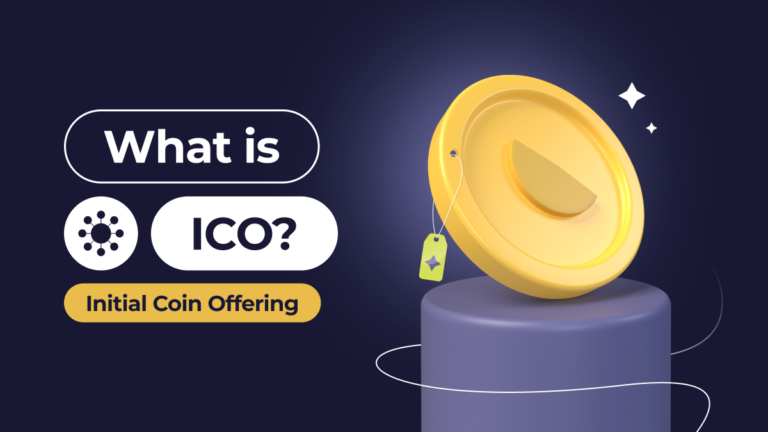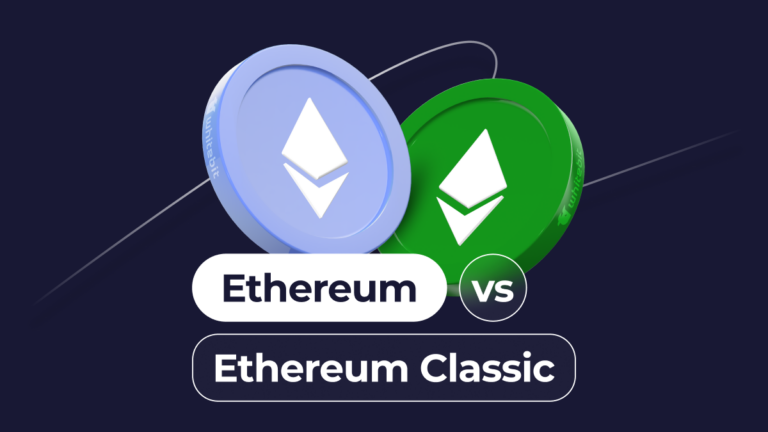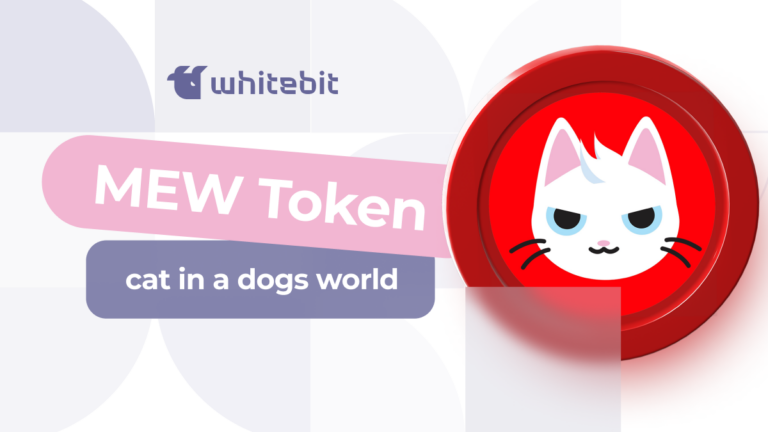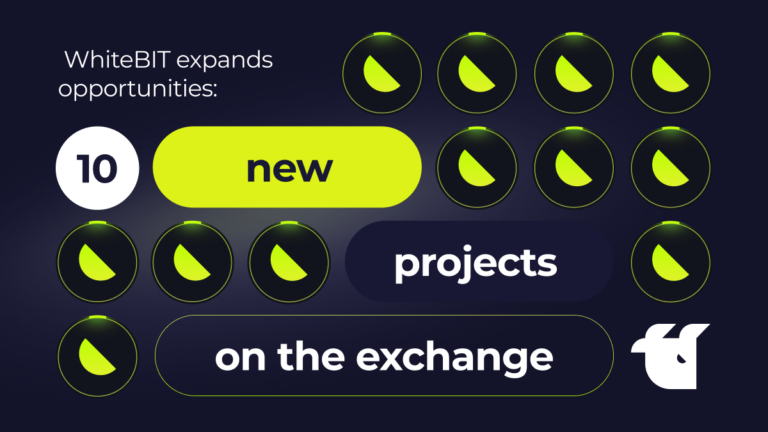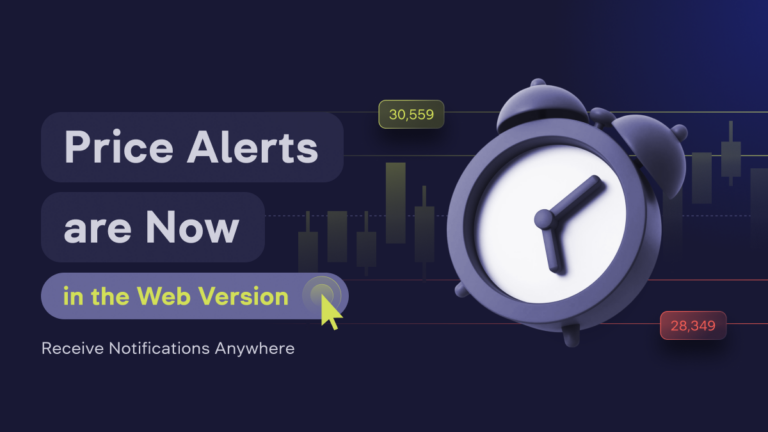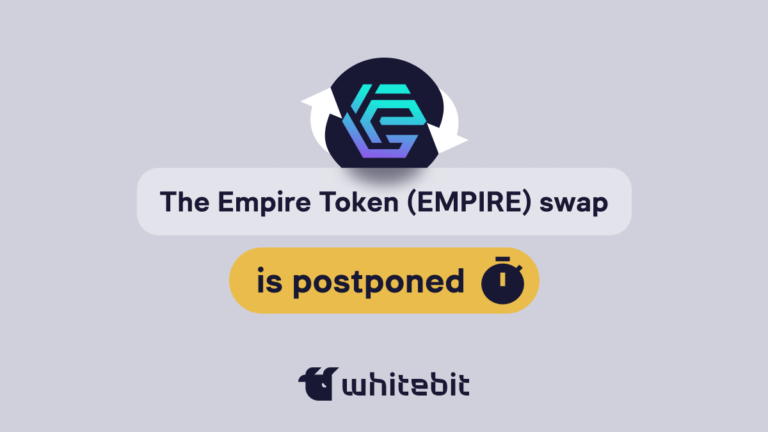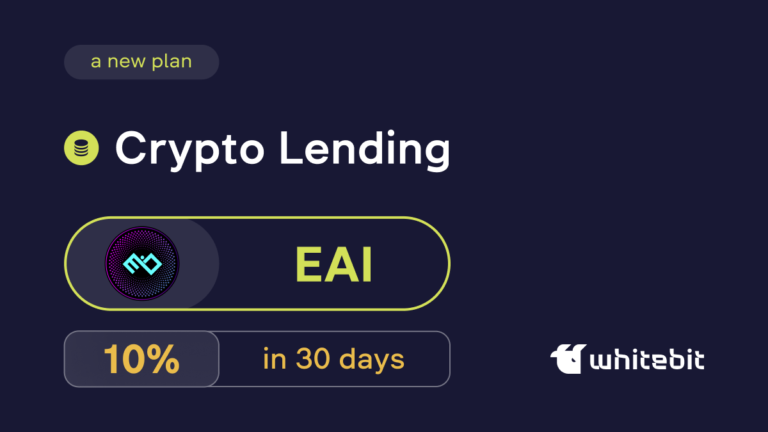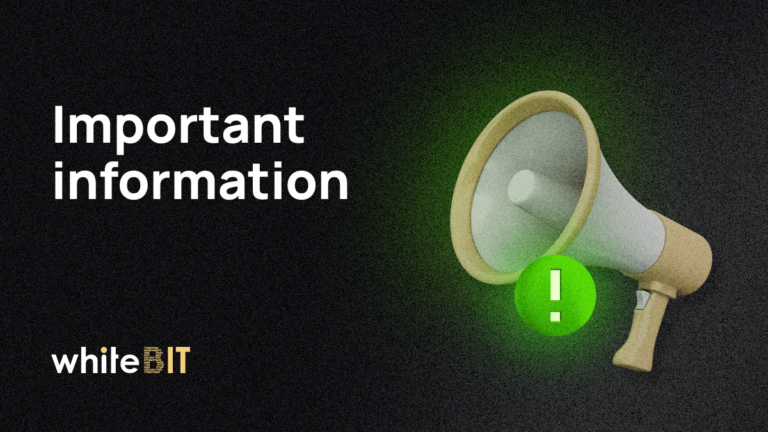Q&A with Cartesi | Transcript
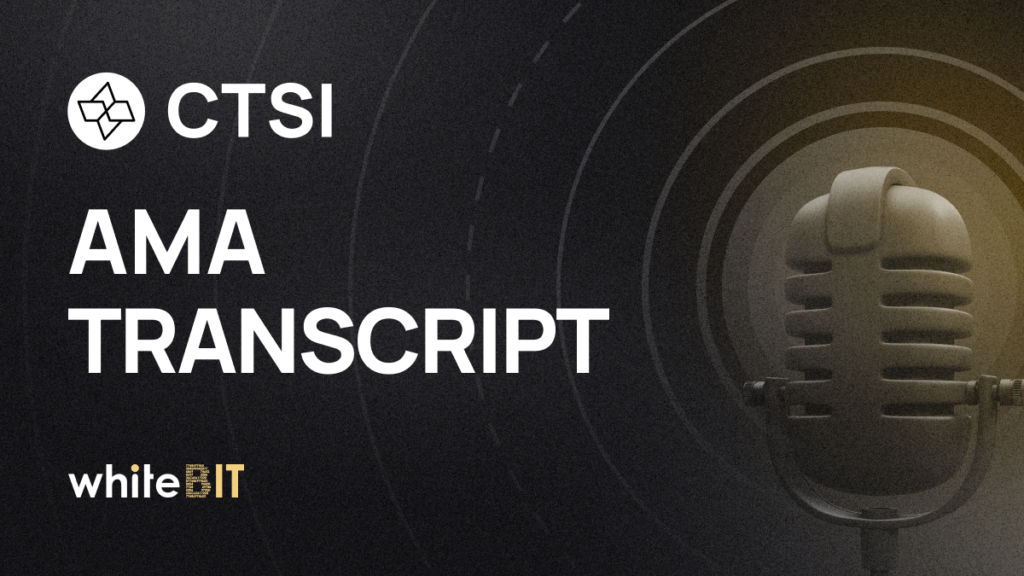
Content
Q: In your opinion, what first thoughts should people have after Blockchain OS is mentioned?
A: It can be a confusing term at first because you don’t believe it until you understand it. Think of it like this: all computers and mobile phones would be useless without an OS. The OS allows us to communicate with a computer without knowing its language. Similarly, Cartesi brings a way to communicate with and build decentralized applications using the languages and tools you know and love. Linux is like a code home worldwide. Now Cartesi brings that home for code to the blockchain.
Depending on your background, you might think of Cartesi in different ways. If you are familiar with the blockchain space, we want you to think of a groundbreaking L2 with a custom VM, which boots an entire Linux OS. We’re combining the best of two worlds. We want people to think about the possibilities that this opens up and the Blockchain OS as a home for new, unique, and complex dApps to build. Within Web 2, devs should know that they are now welcome to build decentralized applications with the programming language and software stacks they know and love!
Q: Cartesi Machines allow developers to run their computations off the chain, and it supports the verification of those computations if someone requires them. How is that? Who can ask for the verification of a computation? Would this be denied?
A: So, two Cartesi machines will always get the same output since they are deterministic. When running a computation off-chain, additional nodes are incentivized to run those computations to ensure that no machine is cheating. And anyone will be able to run those computations to check if it was done correctly
Q: Can you explain Noether Delegation System being used by Cartesi? In the event of malicious behavior by a node validator, what kind of punishment is being used by Cartesi?
A: The economics of the delegation system is still a work in progress. There will be a way to punish unwanted behavior, such as losing block rewards or slashing node deposits. As soon as we have more to share on this, we will update the community!
Q: Does Cartesi intend to expand to such an extent to create a fund to develop many decentralized and thus attract more mobile application developers? What programs will they present to attract new developers?
A: Yes, Cartesi Labs aims to provide grants and funds to developers and researchers building on top of Cartesi. We are currently revamping our Cartesi Labs program and processes. The aim is to take the Cartesi ecosystem to the next level by providing builders and thinkers with the best experience through tailored support and funding.
Q: Tell us about your ecosystem. What besides the token is included in your ecosystem, and what are you working on now? Will there be any platform releases soon?
A: Our ecosystem includes all contributors and enablers of the Blockchain OS. This includes Dapps built on top of Cartesi and the developers building them.
Next, our technology partners and contributors are fundamental in helping us bootstrap new ideas and test our infrastructure. For example, one of our partners is building a machine learning dApp on Cartesi today!
Furthermore, tooling can make it easier to use Cartesi and can scale potential new use cases.
Finally, the rest of our amazing community is helping us build, think and bring the Blockchain OS to the world. We greatly appreciate their active presence on discord, for example, where they are answering tough questions by other community members!
Q: Do you agree that an active community will contribute to your project’s growth and greater global adoption? Will you leverage its power to attract investors/users to your platform?
A: Definitely! And we believe that the community is a key part of what defines Cartesi. We are on a path towards decentralization. And as an open-source project, we are first and foremost a community-centric project. Sitting at the intersection of Web3 and Web2, and as an execution layer for dApps, our community is in a unique position to become a melting pot of thinkers, builders, and creatives of all types.
Beyond developing dApps, our community members are also helping us spread the word about Cartesi. A community contributor, for example, is finalizing an amazing article where he is sharing his experience building on Cartesi. To be published soon.
Q: Let’s imagine that you can create blockchain-based memes, so what would it be, and how could it be implemented?
A: Well, we are already seeing memes being sold as NFTs. The “Charlie bit my finger meme” was sold as an NFT for over $700k. I suppose memes have an origin and evolve as meme creators develop/remix ideas to create something new. What could be interesting would be a system of smart contracts that distributes royalties to the original creators after a meme is remixed. This could incentivize creativity and help foster a better meme economy.

